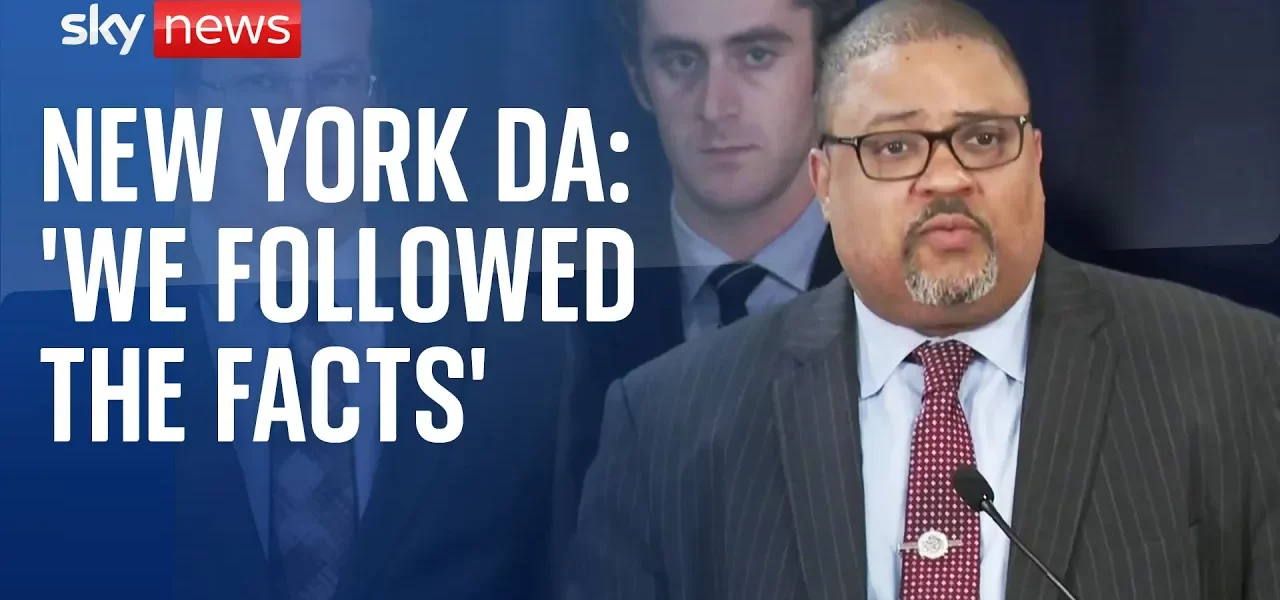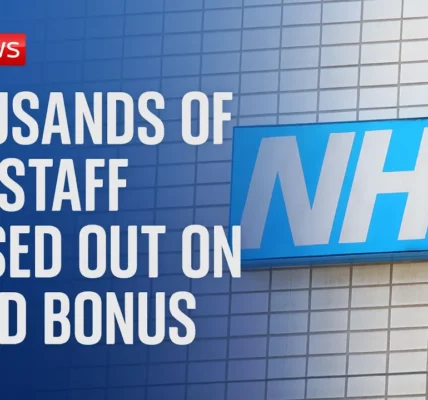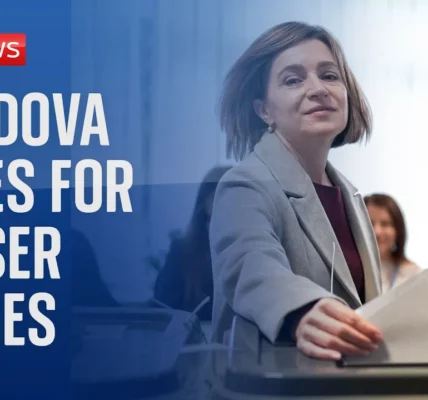Donald Trump Convicted: Insights from the Trial and the Jury’s Role

This article delves into the recent conviction of Donald J. Trump for 34 counts of falsifying business records, examining the judicial process, the importance of the jury’s role, and the broader implications for public integrity in the legal system.
Introduction
The conviction of former President Donald J. Trump has sent shockwaves through the political and legal landscape of the United States. The jury’s unanimous decision, based on extensive evidence presented over several weeks, highlights the critical function of jurors in upholding the law and ensuring justice. This article explores the details of the trial, the evidence considered, and the implications of the verdict on public integrity and accountability within the judicial system.
The Jury’s Role and Civic Duty
Jurors serve a crucial function in the judicial system, embodying the principles of democracy and justice. In this high-profile case, twelve everyday New Yorkers were tasked with the significant responsibility of determining the fate of a former president.
Importance of Jury Service
Jury service is not just a civic obligation; it is the cornerstone of the judicial process. Jurors are responsible for evaluating evidence, following legal instructions, and rendering a verdict that reflects the law. Their role is paramount in ensuring that justice is served fairly and impartially.
- Jurors reviewed extensive evidence, including:
- 22 Witness testimonies from various individuals, including employees and media executives.
- Call logs, text messages, emails, and recordings.
- Financial documents such as checks, invoices, bank statements, and calendar appointments.
Trial Overview
The trial was marked by careful examination of a wide array of evidence, leading to a verdict of guilt on multiple counts. This section provides an overview of the proceedings and key moments during the trial.
Evidence Presented
The prosecution laid out a comprehensive case, focusing on the fraudulent activities aimed at concealing a scheme to influence the 2016 election.
- Witness testimonies provided critical insights into the defendant’s actions.
- Documentary evidence showcased discrepancies in financial records.
- Expert analyses highlighted the implications of the evidence on the electoral process.
Prosecution’s Strategy
The prosecution team demonstrated professionalism and integrity, embodying the traditions of the Manhattan District Attorney’s Office. Their approach was methodical, ensuring that every piece of evidence was presented clearly and effectively.
Verdict and Its Implications
The jury’s unanimous verdict, declaring Donald J. Trump guilty of 34 counts of falsifying business records, marks a significant moment in American legal history. This section examines the implications of the verdict.
Public Integrity and Accountability
This case underscores the principle that no individual is above the law. The Manhattan District Attorney’s Office has a long-standing tradition of upholding public integrity, dating back to the 1930s under District Attorney Thomas Dewey. This case represents a continuation of that commitment.
Next Steps and Sentencing
The sentencing is scheduled for July 11, where the prosecution may consider additional factors, including any violations of a gag order by the defendant. The implications of the verdict extend beyond this trial, possibly influencing future legal actions and public trust in the judicial system.
Conclusion
In conclusion, the conviction of Donald J. Trump serves as a pivotal moment for the American legal system, reaffirming the importance of jury service and the rule of law. As the case progresses toward sentencing, the focus remains on the integrity of the judicial process and the commitment to upholding justice. The jury has spoken, and their decision reflects a thorough consideration of the evidence and the law.
For further updates and analyses on this case and other legal matters, be sure to explore our related articles on public integrity and the judicial system.
“`




